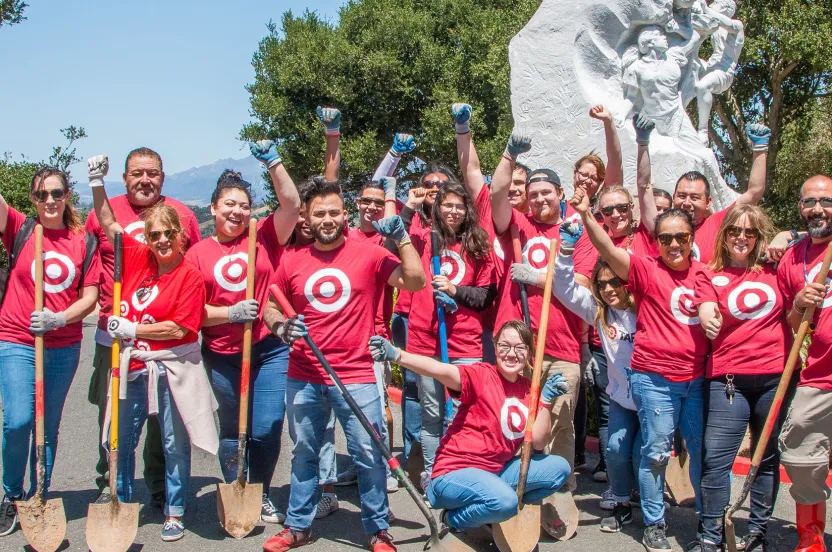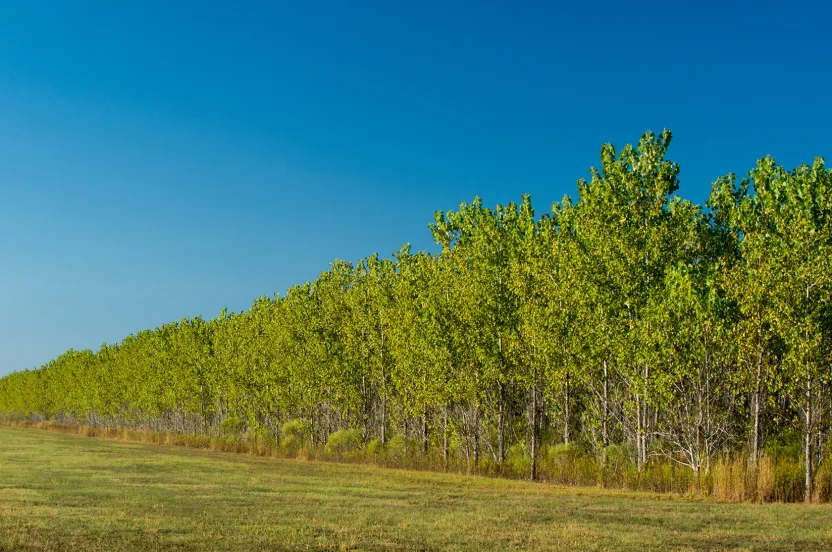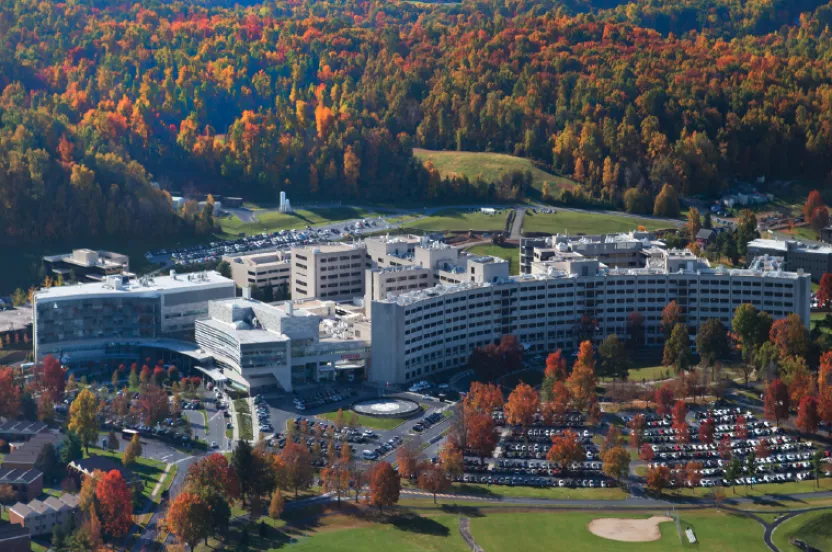Now live: The 2025 Canopy Report. Learn how Americans see trees. GET THE REPORT
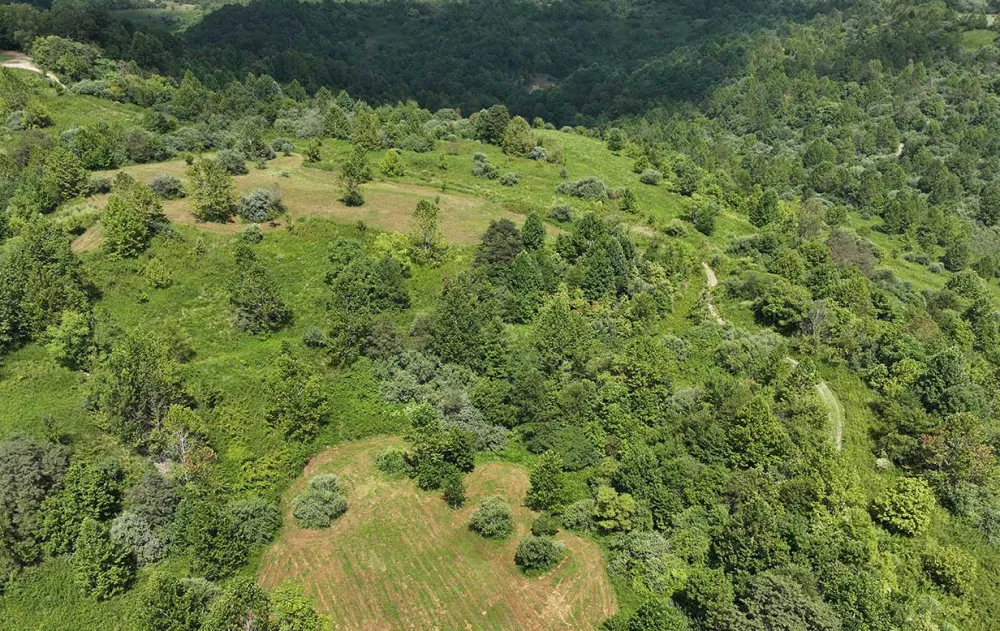
Category
Trees in Forests
Topic
Corporate Partnerships
Location
American Southeast
Turning Commitment into Action
Publix, a grocery store chain in the southeast, is the largest employee-owned company in the United States. With over 260,000 people working for the organization across the American Southeast, Publix has successfully fostered a culture of sustainability and active stewardship throughout its regional footprint.
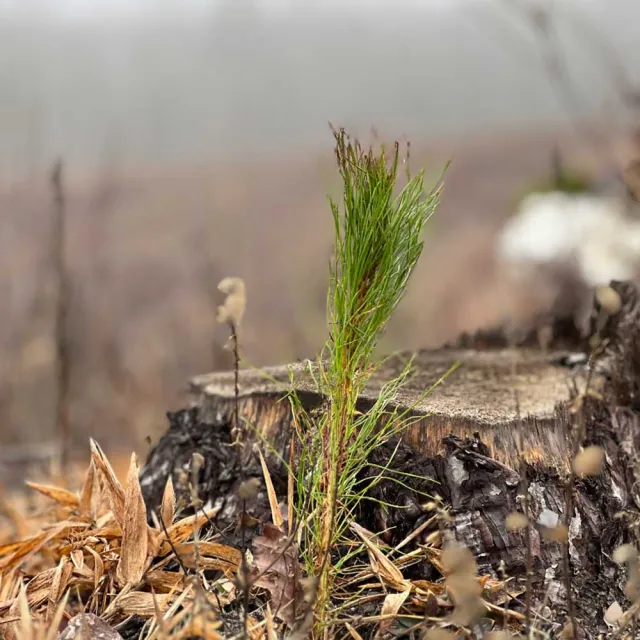
Publix’s commitment to sustainability extends beyond the customers in its stores. Beginning with strategic tree-planting efforts in 2016 throughout Central Florida to encouraging customers to actively participate in their conservation journey, Publix’s work emphasizes watershed restoration, habitat and biodiversity, mine reclamation, sustainable forestry and storm damage recovery.
Since the beginning of our work together, Publix has converted customer interactions into engaging environmental action. In 2024, the approach was amplified by turning everyday shopping into powerful acts of cooperative conservation. Through a simple register campaign, Publix created a model of collective sustainability.
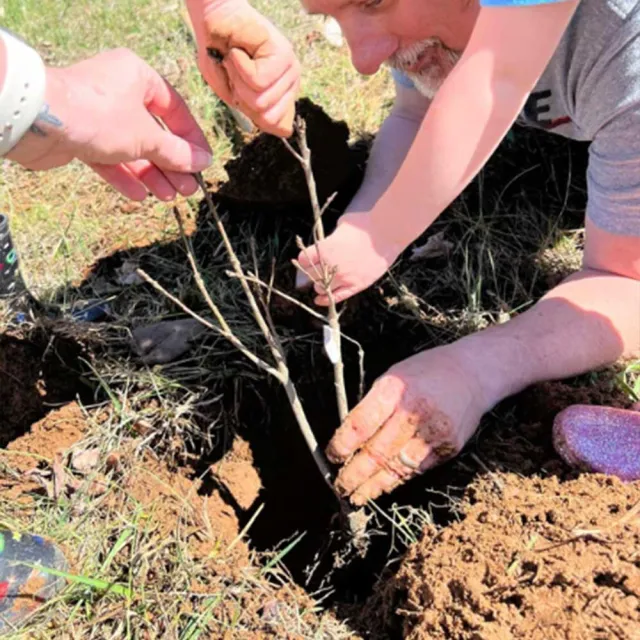
Creating Buy-in with Consumer Participation
The Publix and Arbor Day Foundation collaboration is about meaningful action rooted in local communities, grown through collective impact. Publix knows their shoppers want to make a difference and that they need an accessible path to do so. Through the creation of an easy way for customers to contribute during checkout, this program evolved everyday transactions into an invitation to help create a healthier future for our planet. The compounded power of these contributions is now replanting critical forestlands to restore ecological functions, protect water supplies and slow climate change near their own communities.
Power of Customer Action
Publix launched a donation campaign at the register in 2024 that invites its customers to take an active role in protecting the environment. The approach is simple:
-
Customers donate at checkout during a specific week in Earth Month
-
Funds are dedicated to local reforestation efforts in the states where they live: Alabama, Georgia, Kentucky, North Carolina, South Carolina, Tennessee and Virginia
-
100% of donations directly support tree-planting initiatives
In the first two years, donations raised by Publix and its customers have planted more than 1.2 million trees in forests of greatest need, with another 600,000 to be planted in fall 2025. This highlights their shoppers' desire to have ownership in planting the seeds of hope in their state. This works because consumers are engaged, and Publix is ready to make it easy. One shopper’s action creates a tangible impact that also benefits Publix’s sustainability efforts.
-
Trees are planted in the same states where funds are raised
-
No additional budget allocation—funds come from customer and associate donations
-
Transparency in reporting and impact tracking
Impact
1.2M+
Trees planted
2,431
Acres restored
945K+
Metric tons of CO2 sequestered*
205K+
Cars off the road for one day equivalency
84M+
Gallons of water runoff avoided*
1M+
People provided with a daily supply of water
2,886
Tons of air pollutants removed*
4.9M+
People provided with a daily supply of oxygen
*Projected 40-year total
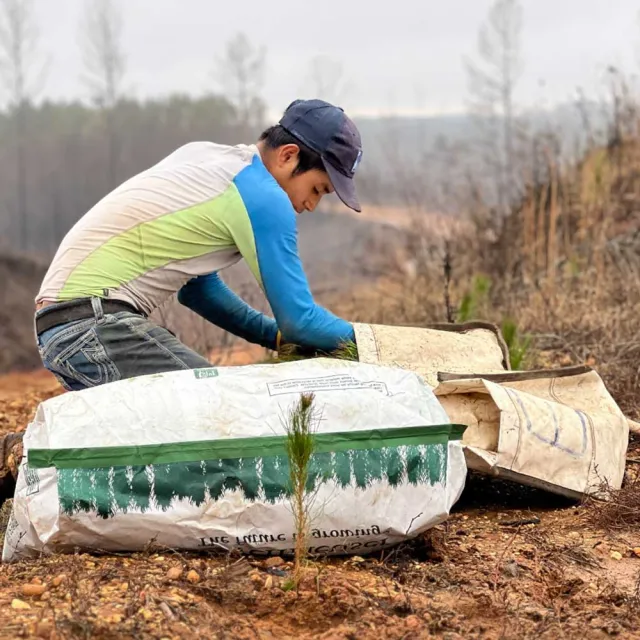
Partnering Together, for Good
Working closely with the Arbor Day Foundation and its planting partners across the southeast ensures accurate water benefit accounting, transparent and customized reporting, targeted reforestation projects in Publix’s retail footprint, plus continued conversation for project execution and communications support.
This relationship has evolved as Publix’s desire for continued impact has evolved. Work extends beyond planting the right tree, in the right place, at the right time. It restores local ecosystems, engages the customer in conservation, supports regional environmental health and hosts a scalable model of corporate environmental responsibility. Publix is a collaborator that is bold enough to believe businesses can be powerful agents of environmental change.
